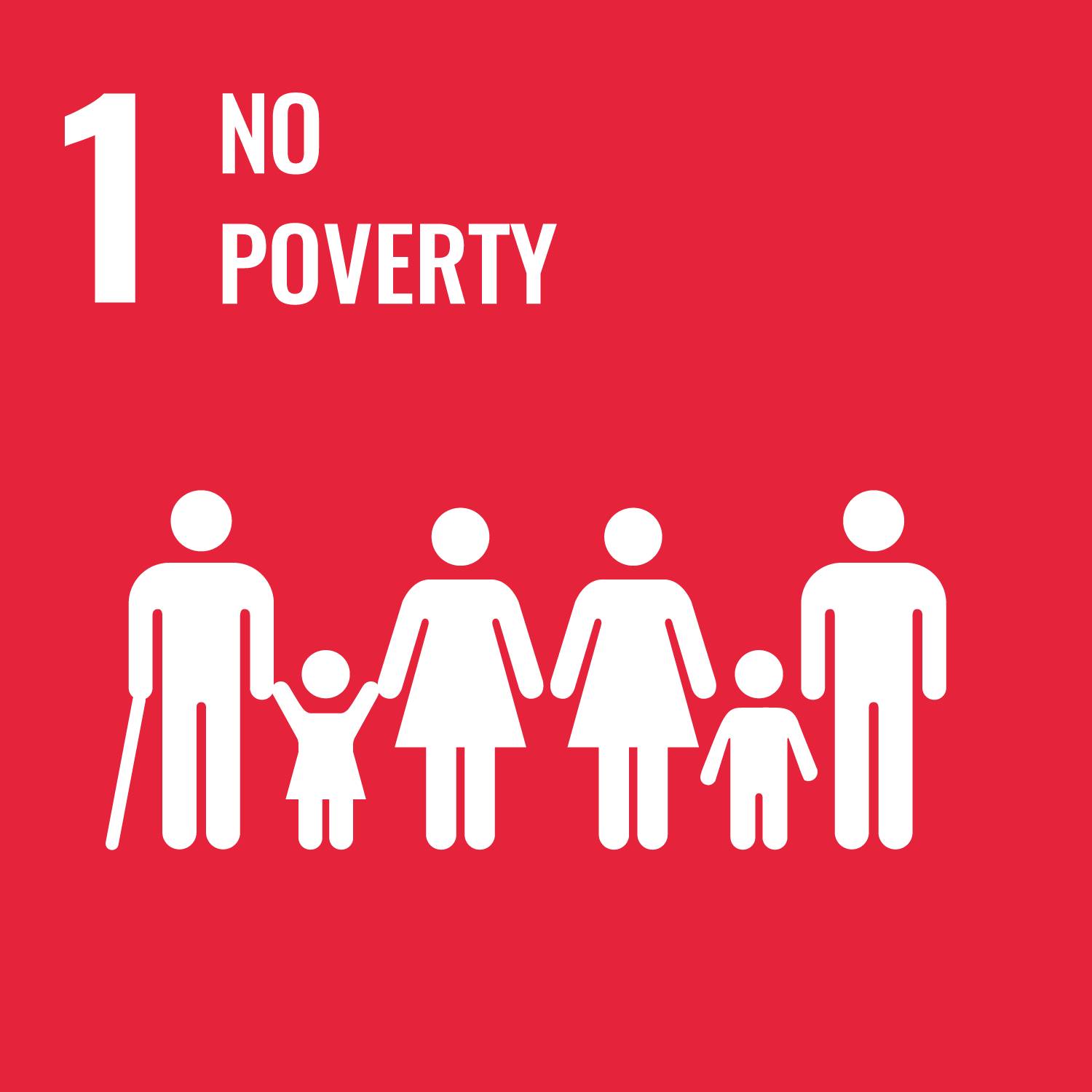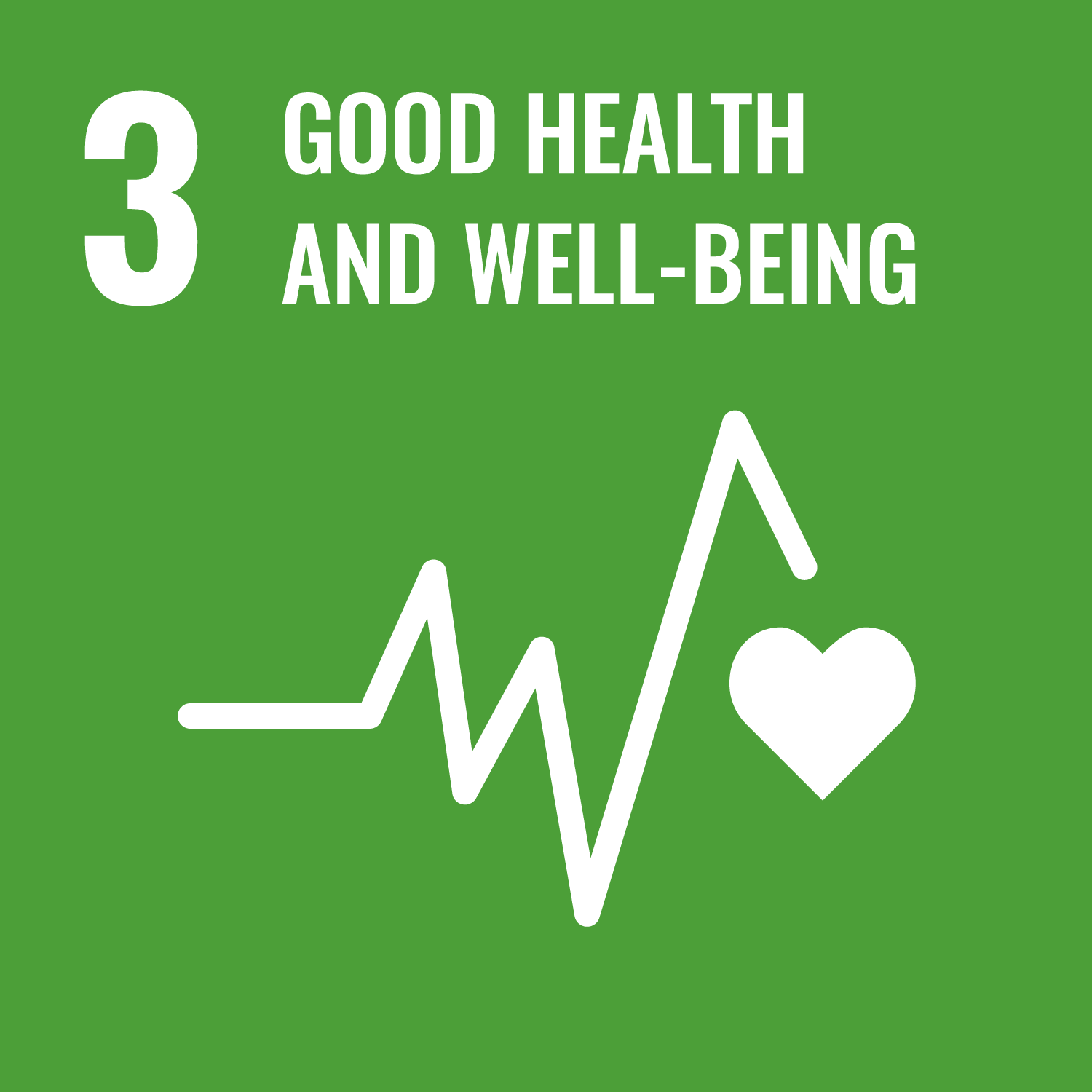Asa Senja (he/him) is an intersex activist with Intersex Asia. Asa was born twice: first as a baby girl, then again as a man over ten years after. To mark his metamorphosis, he changed his name to Asa Senja, which means hope at dusk. As the name implies, he constantly seeks new hopes after a tiring battle.
Do you mind sharing the moment you realised that you have intersex characteristics?
I was born with what are seemingly typical female sexual organs; hence I was raised as a girl. Until around ten years ago, my parents noticed that my voice was getting deeper, I didn’t develop breasts, and I didn’t have periods. Then my parents took me to have medical check-ups, including a chromosome test. The result indicates, instead of having female hormones like I thought I would have, my hormones and chromosomes are typical of males. With this result, my doctor concluded that I fit into one of the intersex conditions, for which at the time he used the term disorder of sexual development.
Many terms can refer to intersex people. In the medical world, the first term introduced was disorder of sexual development––which sounds unempathetic and pathologising. Later, some used differences of sex development. Some also used variations of sex characteristics. However, the umbrella term that’s being used widely is “intersex”. But at the end of the day, it depends on the intersex individuals themselves which term they want to use. As for me, I prefer the term “intersex male”.
What did the doctor suggest?
He suggested me to have a complete medical check to make sure which gender I more likely fit into. It was not a hard decision. My hormones, chromosomes, and psychological backgrounds are already leaning to a typical male character––note that back then I did believe in binary sex. So, being an intersex wasn’t an option, especially in Indonesia. Later, one of the doctors also recommended me to have surgery to “fix” my sexual organ to be more “appropriate” with the new gender I have.
Does anyone know about your condition – friends and other members of the family?
Most of them know, although not everyone can understand what’s happening. It’s hard to comprehend an intersex condition. Most people don’t think intersex people exist and might still be confused about why I changed my identity.
I feel that some people might think that I am a transexual. I feel that some consider me as a weird person and a sinner. Although I am still grateful that most of them still respect me as a human being and just don’t bother, unfortunately, the reason behind their acceptance is because of the pathologisation. They say that it’s as part of a “biological disorder”; hence it’s okay if intersex people change their gender identity to the “right one” to fit the binary sex and genderism.
As an intersex person, why is Intersex Awareness Day important to you?
Intersex people have been invisible. Therefore, October 26th marks the day of one of intersex communities’ efforts to reverse that invisibility. For me, it’s a reflection day. I want to remember my struggles surviving as an intersex person in the world full of sex binarism. It’s a day to ask myself what I can contribute to help other intersex fellows to strive, to help raise awareness so that at the very least society will know that we do exist, that they understand we are human, too.
According to you, how to raise people’s awareness to intersexuality in Indonesia?
I plan to create some publications about intersex in Indonesia. At the very least people can read it and be aware of us. Next step is by having more dialogues with healthcare professionals. They need to know that they don’t get to decide on what intersex people can do to their bodies. Healthcare professionals also need to know that it’s not always about biological conditions that matter; it’s also about our psychological aspect and the consideration on how we want to live our lives.
How did you become an advocate for intersex community?
After I discovered about myself being an intersex, I learned more about intersex people around the world. I found Hiker, one of the most vocal intersex activists in the world. I made contact with Hiker as s/he is one of my inspirations. Several years later, I got invited to the first Asian Intersex Forum in 2018. The first forum founded the Intersex Asia Network, a community for all intersex individuals and activists to support each other. There, I started to get involved and be more active to help raise awareness about intersex issues in Asia.
What inspires you to advocate for social change?
I think it was started from my inner aspiration to strive as an individual. Discovering myself as an intersex person, I am scared of rejection. In the world full of expectations based on sex and gender binarism, it’s hard not to hate me who doesn’t really fit into one of the binary boxes. But I realised that discovering myself is the first milestone to love myself; I need to know and accept me the way I am. This process from hating to loving oneself is one of the many struggles that some intersex people have. Knowing that it’s not only me who suffers from this process, I feel that I need to participate with other intersex activists who already started advocating for intersex people. All intersex activists around the world are my inspiration in advocating social change.
What are some of the challenges you face in advocating for more inclusion of intersex people?
I think it’s the strong notion of sex and gender binarism in our society that affects our view of life and happiness. The idea that we are not good or valuable enough if we don’t choose either of the binary sexes and/or gender roles is toxic. This mindset is destructive to people’s well-being and could hamper anyone from loving themselves, and it’s not just for intersex people. We should love ourselves regardless of who we are.
Have you been involved in projects that focus on the inclusion of intersex people in humanitarian or development contexts? If so, what projects? What happened
So far, I’ve been participating in publication efforts for Intersex Asia. As for a project in a humanitarian context, I helped distribute financial help for impacted intersex individuals during this COVID-19 pandemic.
What are the ways that humanitarian and development organisations can support the inclusion of intersex people?
More publications and highlights about intersex issues so that more people around the world can learn and support the inclusion of intersex people. There is already so much support from humanitarian and development organisations, but I still believe that it’s never enough as long as intersex discrimination still exists.
If there was one change that you would like to see for intersex people, what would that change be?
I believe the initial yet essential change for intersex people should be visibility. With us being more visible, it would ignite more discussions which lead to better policies. I hope this would create a path where intersex people could gain respect, and of course, be loved.








